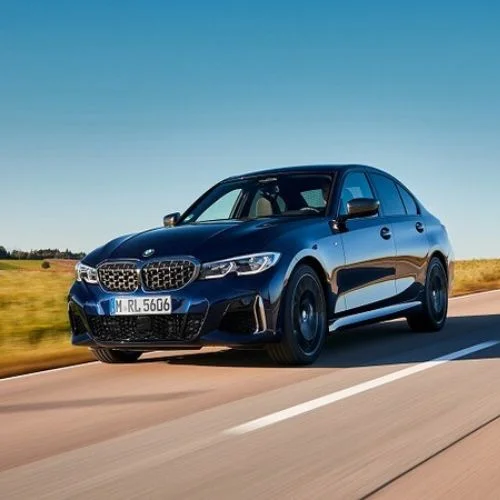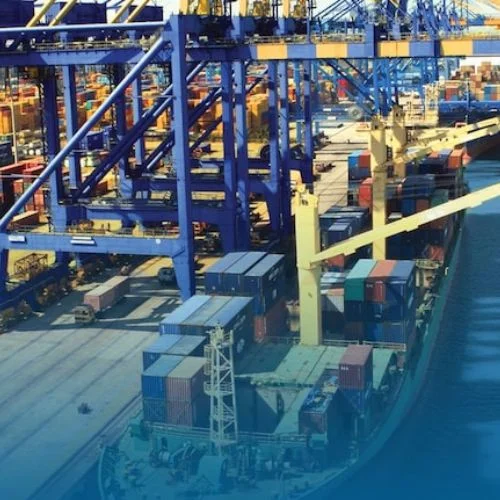Within the next two years, a senior company official said, tire manufacturer Ceat plans to take the top spot in the market for electric vehicle (EV) tires.
“In the two-wheeler original equipment maker (OEM) arena for electric vehicles, we already hold a 40% market share. Currently, our market share for passenger cars (PVs) is between 14 and 15%. Within the next two years, we want to become the market leaders, thus we plan to steadily increase these shares, according to Ceat’s managing director and CEO Arnab Banerjee.
Banerjee told Business Standard that while the industry is shifting from internal combustion engines to electric vehicles, there is currently limited demand for EV tyres in the replacement market.
Three new EV product categories from Ceat have been unveiled: EnergyDrive (for passenger cars), EnergyRide (for two-wheelers), and WinEnergyX3R (for trucks with radials).
Ceat, according to Banerjee, is concentrating on specialised tires, whether for use in agriculture or other markets.
For the second consecutive quarter this fiscal year, the company’s revenue and profit increased thanks to a strong product mix.
The operating revenue for Ceat increased by 5.5% from the prior year to Rs 3053.32 crore. The revenue increased by 4% from one quarter to the next. Ebitda margin increased by 202 basis points from Q1FY24 to 15.1% for the three months ending in September. In contrast to the same quarter the year before, the company reported a net profit of Rs 207.72 crore for Q2FY24 as opposed to Rs 6.4 crore. Sequentially, the gain increased by 44%.
EVs are a market that is becoming more and more significant; In September, 127,935 electric vehicles, including PVs, three-wheelers, two-wheelers, and commercial vehicles (CVs), were sold.
EV tires are unique from those for vehicles powered by internal combustion engines (ICEs). They require less wetness, better traction, and less beginning speed since they have lower rolling resistance.
Low-resistance tires for EVs were previously introduced by JK Tyres. While the industry is concentrating on producing fuel-efficient engines, tyres may also contribute, according to Anuj Kathuria, president (India) of JK Tyre & Industries, in an interview with Business Standard. This becomes increasingly important as EV adoption rises. In an EV, one can either lessen the dead weight—batteries account for a sizable portion of the vehicle’s weight—or get around rolling resistance, according to Kathuria.















